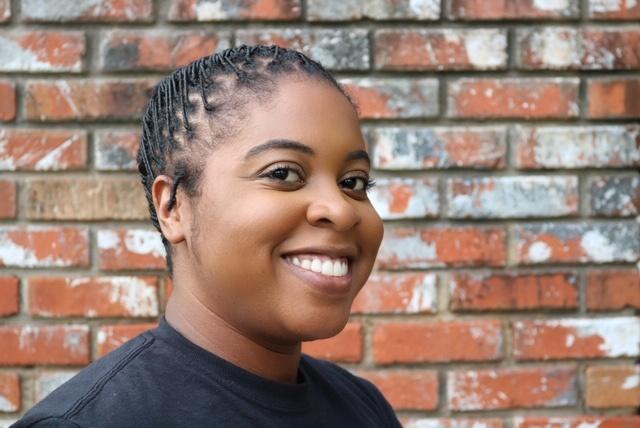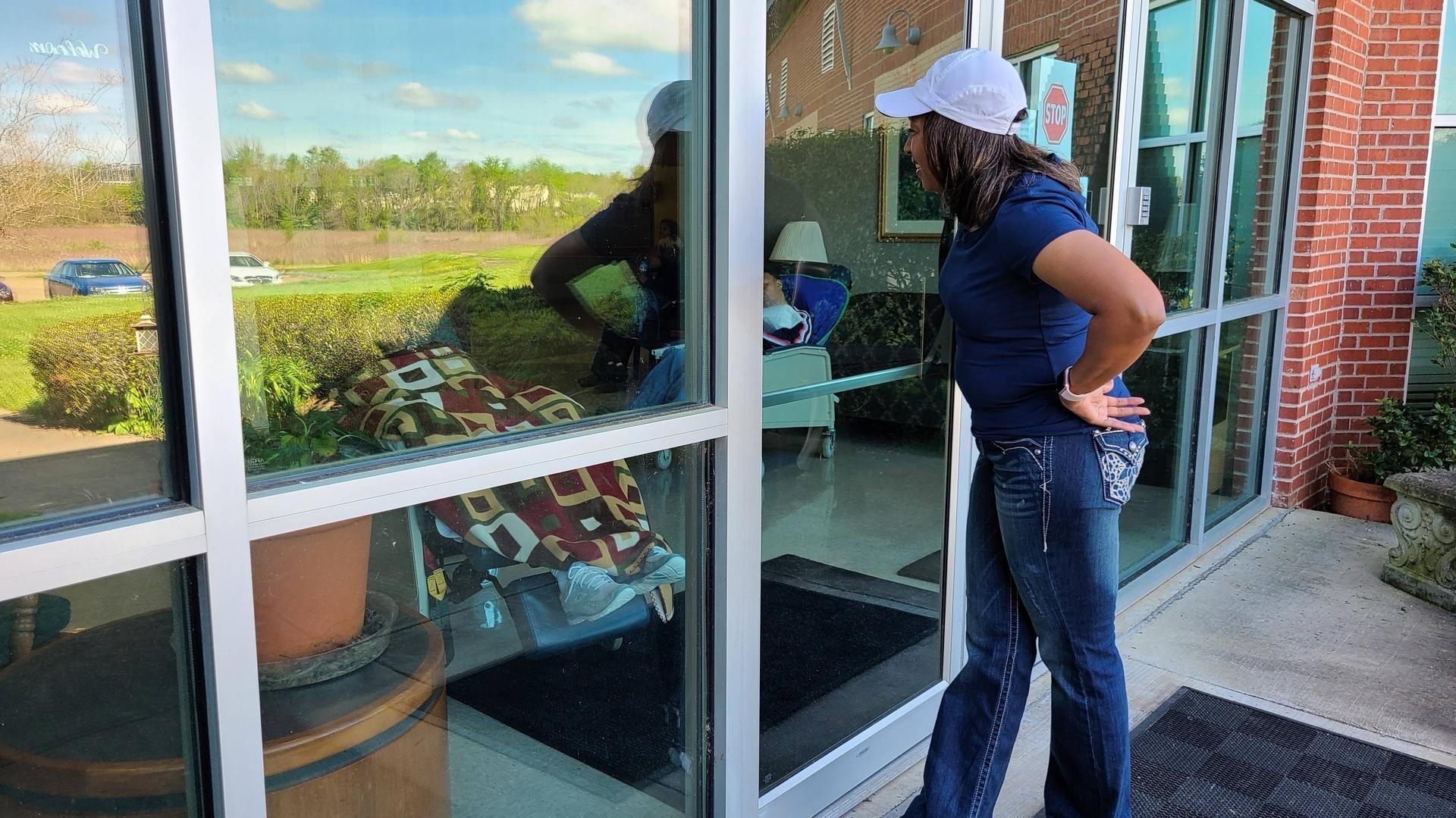Almost half of adults in Mississippi are experiencing symptoms of anxiety and depression because of the coronavirus pandemic, according to a new survey.
Nearly half of Mississippians show signs of anxiety and depression amid pandemic, survey says


Almost half of adults in Mississippi are experiencing symptoms of anxiety and depression because of the coronavirus pandemic, according to a new survey.
LISTEN HERE
“I’m good. I’m ummm having a good day today," said Kendreka Pipes. She’s a 27-year-old native of Centreville.
“I got plenty of rest the night before,” said Pipes. “I had to run a couple errands this morning that I got done.”
“My mood is pretty stable meaning I’m not happy or sad. I’m content,” she said.
But not every day amid the coronavirus pandemic has gone as well. Pipes says she was diagnosed last year with bipolar two disorder and during the state’s shelter-in-place mandate she experienced more frequent episodes of depression. She says it got to a point where she didn’t want to get out of bed, eat or get in touch with family or friends.
“The pandemic really made me feel more isolated,” said Pipes.
“And then I developed a little bit of anxiety… this overwhelming fear that kind of plagued my days every single day to the point where you know it became painful. I would have chest pains, headaches, not being able to breath normally, just really really scared.”
And according to a new survey, she’s not alone. More than a third of Americans are showing clinical signs of anxiety or depressive disorder according to a survey conducted by the US Census Bureau between May 14 and May 19. The ongoing questionnaire aims to understand the social and economic impact of the Covid-19 pandemic.
%20Cropped.jpg)
“We’re definitely bracing ourselves for a surge,” said Dr. Mary Ashley Angelo.
Angelo is a licensed psychologist and a director of behavioral health services at the Mississippi State Hospital. She says in April 2020, there was a 1,000% increase in emotional distress compared to this time last year. And the hotlines for help, she says, are ringing off the hook.
“We have, as a country, been very aware of the impact on our physical health that the coronavirus has had and we’ve all taken obviously precautions against that,” said Angelo.
“But, I don’t think that we have prepared as well as we could have for the toll on our mental health.”
Some groups have been hit harder than others. According to survey results, rates of anxiety and depression were far higher among younger adults, women, and those who had less than a high school diploma.
Among the states, data show Mississippi has the largest percentage with 44.3% of adults showing symptoms of anxiety or depressive disorder. Neighboring states Louisiana and Alabama have fewer adults showing symptoms. In Louisiana, 34% acknowledged feelings of anxiety and depression. While in Alabama 25% of adults are experiencing symptoms.
The Mississippi Department of Mental Health was recently awarded $2 million in federal emergency grant funding to expand and enhance services addressing mental and substance use disorders during COVID-19.
Dr. Angelo says more mental health professionals are now providing telehealth services.
“People who require mental health services or even therapy services may do that via FaceTime or Skype or some of these other platforms that allow people to continue to get the services that they need during this time,” said Angelo. “Medication checks as well.”

.jpeg)
Speaking at a press event last week, Governor Tate Reeves says he’s concerned about the collective trauma Mississippians are experiencing. He says his staff is beginning to discuss mental health support for people living in long term care facilities and their family members - who because of the pandemic aren't allowed inside to visit. More than 135 outbreaks exist in long term care settings. And, that’s where 50% of the state’s total coronavirus deaths have occurred.
“That’s certainly something that we’re going to continue to have conversations about,” said Reeves.
“How do we do this? We’ve got to be able to do that... we can’t go a year or a year-and-a-half without our Mississippians being able to at least look in their grandma’s face - even if it’s from 8 feet away outside or something along those lines - and just say hey I love you.”
Kendreka Pipes says she’s grateful she and her loved ones have been well thus far. What’s been helping her through this time, she says, is developing a daily routine and sticking to it - even when she doesn’t feel like it. Parts of that routine include time spent outdoors, meditation, reading and most recently candle making - which in turn has been therapeutic and developed into a business idea.
“Mental health should not be this topic that we stray away from,” said Pipes.
“It’s definitely something that we should face head-on, especially in the black community and especially at a time like this where we’re literally sitting at home with our thoughts.”
In these uncertain times, Pipes says what motivates her is the possibility of better days.